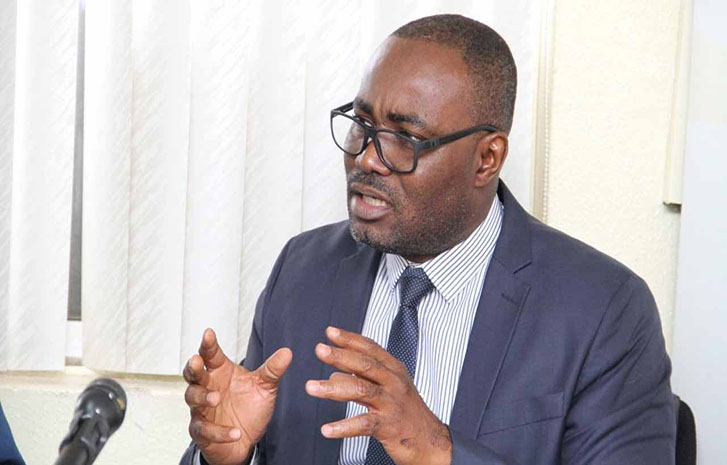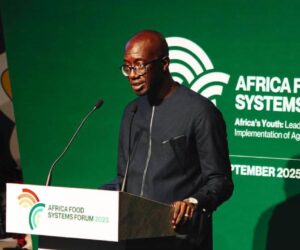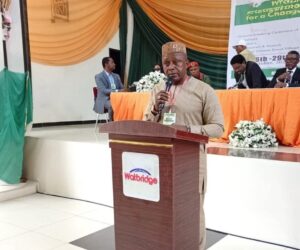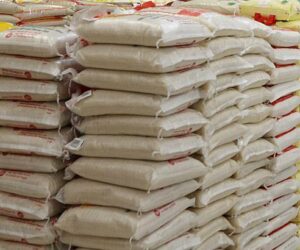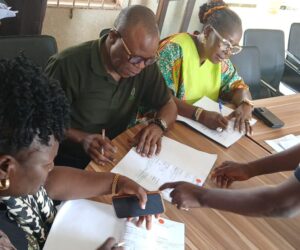2
Come Tuesday October 7 through Wednesday 8, Nigeria will host the Africa Agriculture Dialogue (AAD) 2025 in Abuja.
The event slated to hold at the State House Banquet Hall in Abuja with the theme; ‘Unlocking Finance for Agricultural Transformation in Africa,’ precedes the annual World Food Prize in the United States.
Expected at the dialogue session are a diverse group of participants, including senior government officials, agribusiness leaders, representatives of international development and financial institutions, farmers, innovators, among others.
Participants will deliberate on strategies for transforming Africa’s agriculture through innovative financing, inclusive growth, and strengthened partnerships.
Idris Ajimobi, Senior Special Assistant to the President on Livestock Development, and Richard-Mark Mbaram, Special Adviser to the Minister of Livestock Development, while addressing newsmen at a virtual media briefing at the weekend said that Nigeria’s hosting of AAD 2025 underscores the country’s rising profile as a driver of agricultural transformation in Africa.
They pointed out that the dialogue aims to amplify African voices in global agricultural discourse, develop a forward-looking continental investment narrative that aligns with national strategies and regional ambitions; strengthen partnerships and mobilize resources for agricultural transformation and set the stage for Africa’s presence at global platforms later in the year.
According to Ajimobi, the AAD 2025 will highlight Nigeria’s leadership in agricultural and livestock transformation, stressing that the initiative demonstrates how agriculture can serve as a foundation for inclusive growth in Africa.
He said that lack of financing remains a major constraint to agricultural growth across the continent, that hosting the AAD, will offer opportunity for stakeholders to discuss challenges and identify investment pathways to unlock Africa’s agricultural potential.
He said that Nigeria’s hosting of the event, also reflects the Federal Government’s ongoing efforts to reposition its agricultural sector, particularly through reforms in livestock production, a key pillar of food security, employment, and economic diversification.
He highlighted the National Livestock Master Plan (N-LMP), a five-year strategic framework designed to attract public and private investment into cattle, poultry, and small ruminant value chains.
The plan, according to him developed in partnership with the Livestock Productivity and Resilience Support Project (L-PRES) and international partners, focuses on animal breeding, health services, and improved market access.
According to Mbaram, the Africa Agriculture Dialogue takes place before the World Food Prize every year, and it captures narratives that relate to Africa, projecting them on the world stage.
He described the Dialogue as an important platform that helps project Africa’s agricultural priorities to the world.
He commended President Bola Tinubu’s administration for moving beyond rhetoric to executing ambitious programmes and policies with the potential to fundamentally transform the agricultural landscape.
He described the state of emergency on food security declared by the government as a turning point for Nigeria’s agricultural history, noting that it demonstrates a firm commitment to building a secure and sustainable food system.
“The declaration was not just symbolic—it was a clear signal that the government views a secure food system as essential to national stability,” he said.

